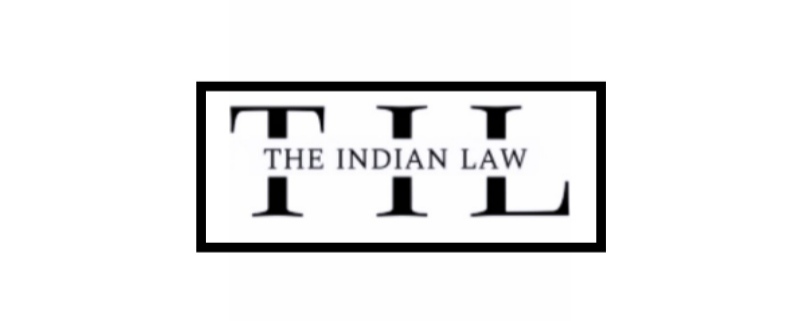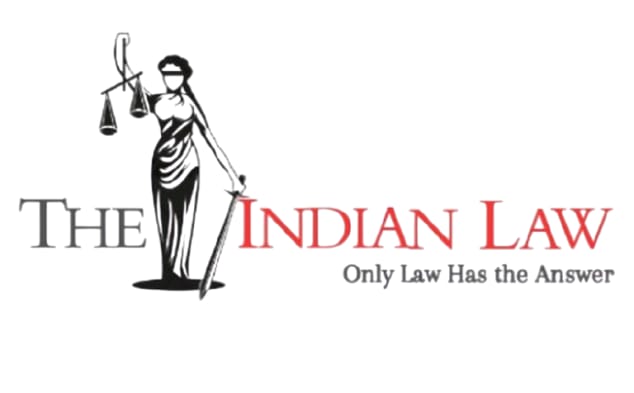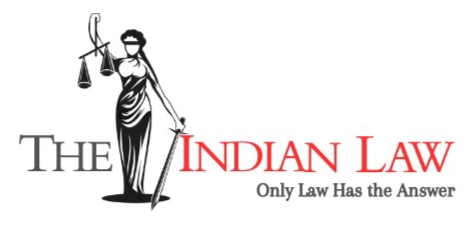Introduction
Recently, the Supreme Court of India made a significant decision by dismissing a plea that sought to allow arrested politicians to campaign through video conferencing (VC) during elections. This decision has sparked widespread discussion and analysis regarding its implications on electoral laws, individual rights, and the democratic process in India.
Background
In India, elections are governed by stringent laws and regulations established by the Election Commission and statutes like the Representation of the People Act, 1951. These laws ensure fair and transparent electoral practices, aiming to uphold the integrity of the electoral process.
However, the issue of arrested politicians’ rights to campaign has been a contentious one. Those in favor argue that restricting their campaign activities violates their fundamental rights, particularly the right to freedom of speech and expression guaranteed under Article 19(1)(a) of the Constitution. Conversely, opponents raise concerns about maintaining the rule of law and preventing misuse of electoral processes by those facing criminal charges.
The Supreme Court’s Decision
In the recent case, the Supreme Court dismissed the plea seeking permission for arrested politicians to campaign through VC. The Court’s decision indicates its stance on balancing individual rights with legal responsibilities and the integrity of elections. Importantly, while dismissing the plea, the Court left the broader legal question open for future consideration. This approach reflects the judiciary’s cautious handling of complex legal and constitutional issues concerning electoral rights and criminal justice.
Legal and Constitutional Implications
The dismissal of the plea raises significant legal and constitutional questions. It prompts discussions on the interpretation of fundamental rights vis-à-vis electoral laws and procedures. The Court’s decision underscores the need for a nuanced approach to ensure fair electoral practices while respecting the rights of individuals involved in legal proceedings.
Impact on Democracy
The decision’s implications for democracy are profound. It highlights the delicate balance between ensuring electoral fairness and upholding individual rights. By keeping the question of law open, the Supreme Court invites further debate and potential legislative action to clarify the rights and responsibilities of arrested individuals in electoral processes. This aspect is crucial for maintaining the credibility and legitimacy of democratic institutions in India.
Public and Political Response
The Supreme Court’s decision has elicited varied responses from the public, political parties, and legal experts. It has triggered debates on the role of the judiciary in safeguarding democratic norms and ensuring equitable participation in electoral processes. The diverse reactions underscore the complex nature of balancing legal requirements with democratic principles in a diverse and dynamic democracy like India.
Conclusion
In conclusion, the Supreme Court’s dismissal of the plea regarding campaigning through VC by arrested politicians while keeping the legal question open signifies a pivotal moment in India’s legal and electoral landscape. This decision prompts reflection on the evolving interpretation of constitutional rights and the responsibilities of elected representatives. As this issue continues to unfold, it remains crucial to engage in informed discussions to uphold the principles of democracy and justice in the country.



